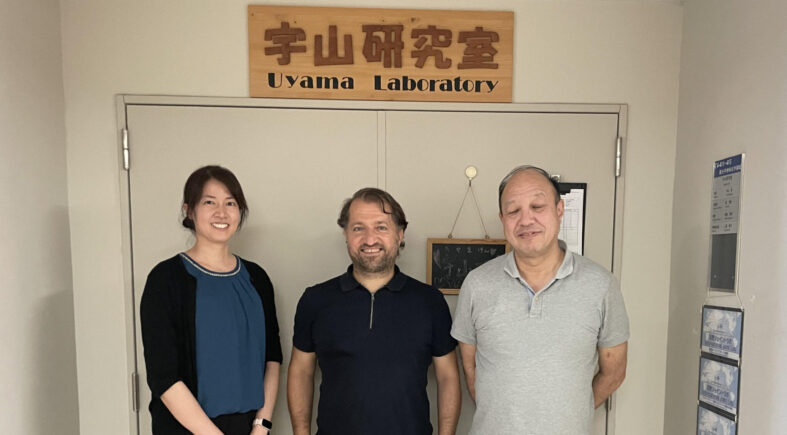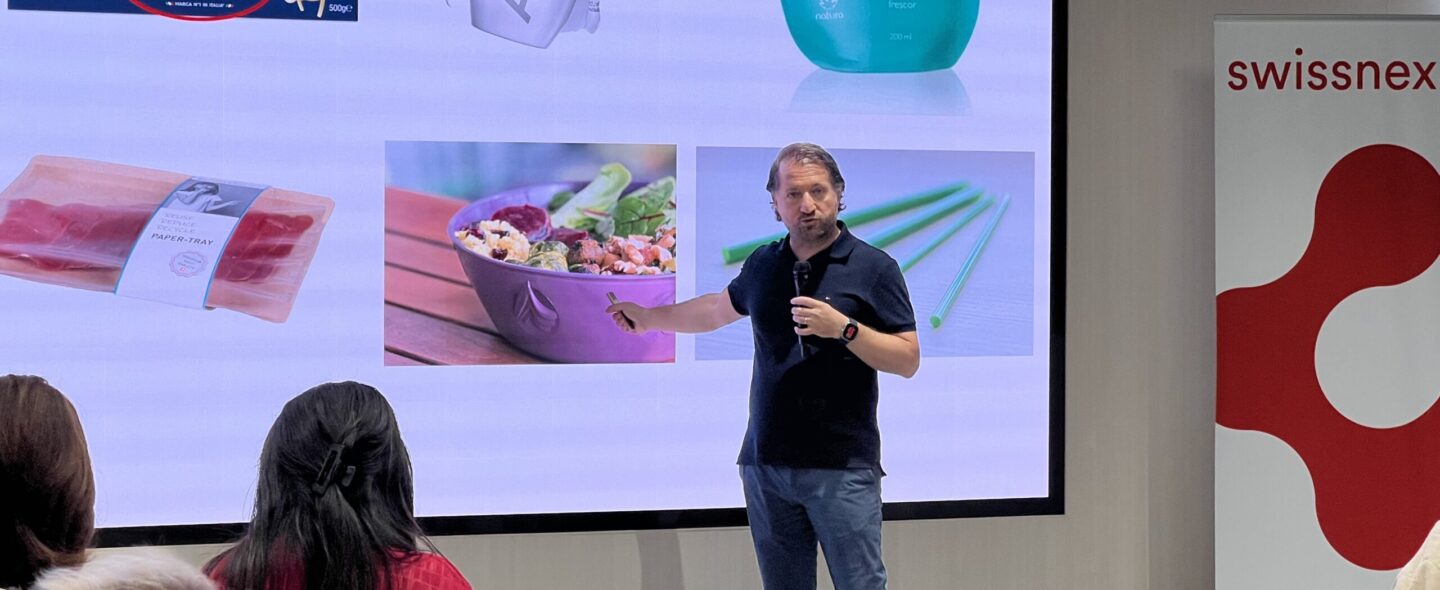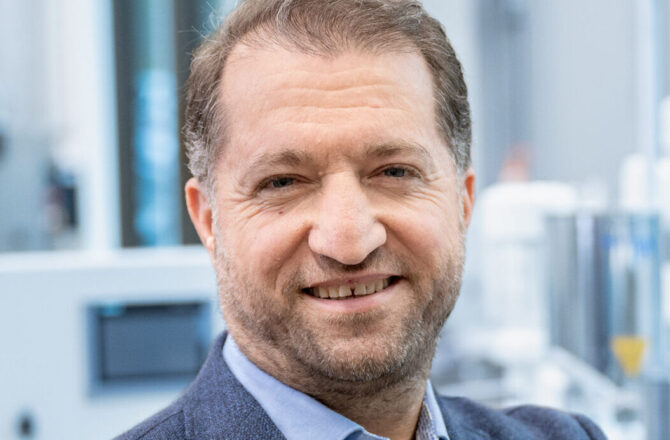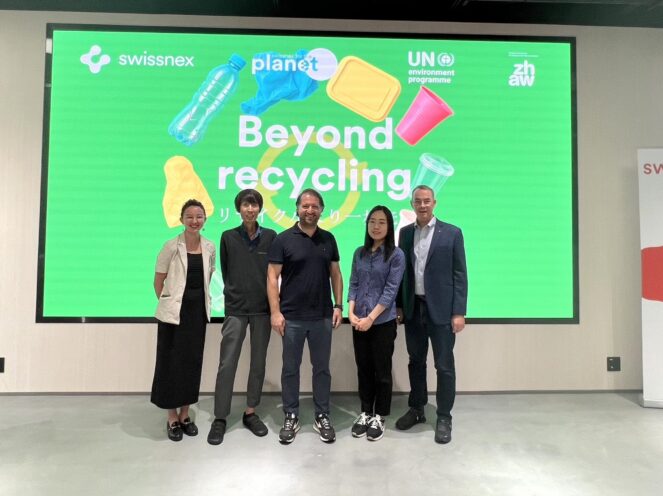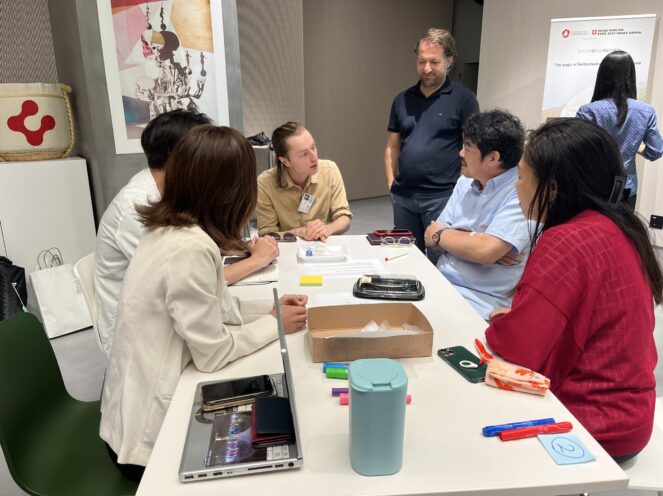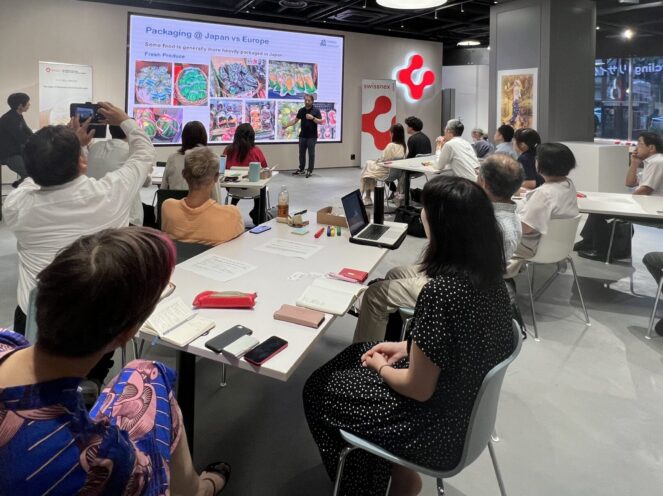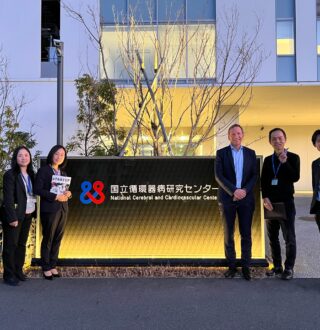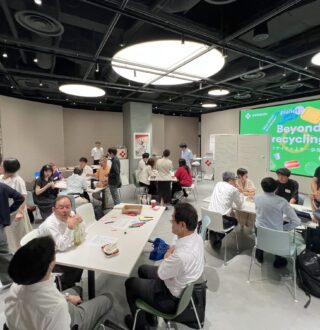Packaging plays a vital role in modern life, keeping our food safe, clean, and affordable. But this convenience comes at a cost: most packaging relies on fossil-based materials, contributes to CO₂ emissions, and creates long-lasting pollution, including microplastics. Tackling these challenges requires alternatives, from new materials to improved recycling systems, and solutions that preserve safety, affordability, and usability. With tightening regulations in Europe and beyond, innovation and global collaboration are key to the future of sustainable packaging.
Professor Selçuk Yildrim, Head of the Packaging Research Group at ZHAW, brings over 20 years of international experience in packaging research and industry. Before entering academia, he built a distinguished career in the packaging industry and has been active internationally, serving as a board member of the International Association of Packaging Research Institutes (IAPRI). Through this role, he has developed a vast network of partners across Switzerland, Europe, and beyond, participating in multiple European research projects.
During a two-month sabbatical in Japan through the ZHAW Staff Mobility Program at Swissnex, he explored the sustainable food packaging sector and engaged with Japanese local experts, companies, and institutions. In this interview, he shares his expertise, insights, discoveries, and comparisons between Switzerland, Europe, and Japan.
